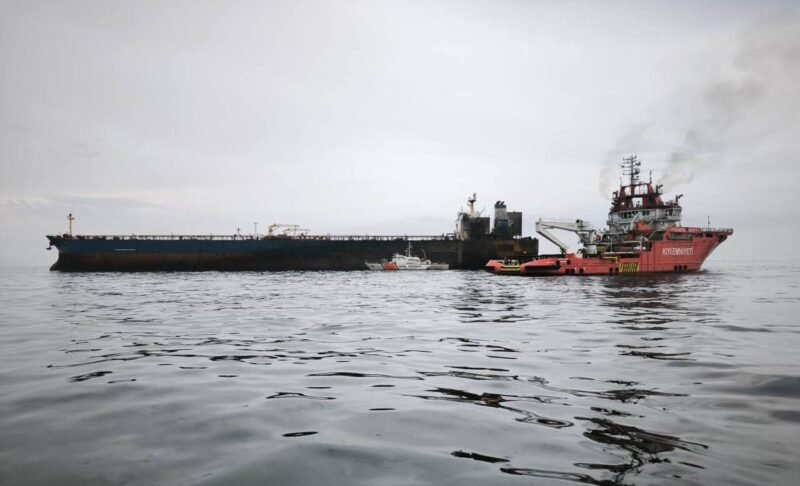The Netherlands Institute for Human Rights has concluded that Filipino and Indonesian seafarers working on Dutch vessels have been subjected to equal working conditions as their EU counterparts. Despite this, these non-EU seafarers have been receiving significantly lower wages, based on the controversial ‘country of residence’ principle. This ruling highlights a pressing issue of economic rights and discrimination, as it asserts that the unequal pay practices violate fundamental human rights, including the right to work without discrimination based on nationality or race.
In a landmark decision, the Institute found that Maritime Performance B.V. discriminated against a Filipino head chef and VSO Zwerver I B.V. against an Indonesian seafarer, both on the grounds of nationality. The Equal Justice and Equal Pay Foundation, representing the affected seafarers, argued that the pay disparity is unjustifiable, especially when all workers are performing the same roles under similar conditions. The Institute’s ruling could set a significant precedent for other Filipino and Indonesian workers facing similar discrimination in the maritime sector.
The Dutch shipping companies defended their practices by citing customary international law; however, the Institute countered that such practices lack legal justification. Citing the Maritime Labour Convention, the Institute emphasized the principle of equal pay for equal work on the same vessel, which all three countries—The Netherlands, the Philippines, and Indonesia—have ratified. This ruling could lead to a reevaluation of wage practices in the maritime industry, potentially benefiting many workers who have faced similar inequalities.


















